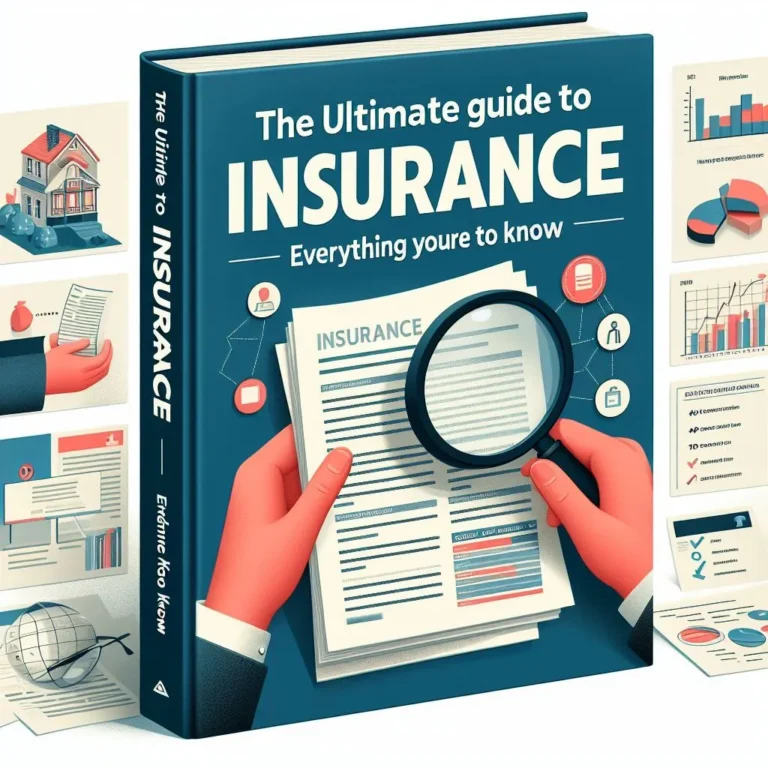Table of Contents
Many businesses rely on insurance to protect them from financial losses. However, when a claim arises, confusion can emerge regarding the insurer’s responsibilities. This article clarifies the key differences between an insurer’s duty to defend and duty to indemnify.
Duty to Defend: Taking on the Fight
- Triggers when a lawsuit alleges acts covered by the insured’s policy.
- Broader scope than duty to indemnify – even potentially false claims can trigger a defense.
- Applies to both primary and excess insurance policies (depending on coverage levels).
How it Works:
- Policy Review: The insurer analyzes the policy wording to confirm a “duty to defend” clause exists.
- Claim Assessment: The insurer compares the lawsuit’s allegations to the policy’s coverage.
- “Pleadings Rule”: Even if the allegations seem unlikely, the insurer may still have a duty to defend if they could fall under the policy’s coverage.
- “True Nature” Test: Courts may look beyond the claim’s wording to assess its actual substance.
- Derivative Claims: If a claim solely mirrors another covered claim (e.g., negligence mirroring an intentional tort), it might not trigger a separate defense duty.
Duty to Indemnify: Paying Up
- Narrower scope than duty to defend – only triggered when proven liability falls under the policy.
- Insurer pays for settlements or judgments within the policy’s coverage limits.
A Rare Exception:
While the duty to defend usually aligns with the duty to indemnify, there are rare instances where the insurer might indemnify (pay) even without defending.
Key Takeaway:
Clear and concise policy language is crucial. Ambiguity will be interpreted in favor of the insured, potentially expanding coverage.
Action for Insurers:
- Draft policies meticulously to define the scope of each duty.
- Use clear exclusionary language if certain claims should be exempt.
- Be aware of potential scenarios where one duty might exist without the other.
By understanding these distinctions, both insurers and insureds can navigate claims with greater clarity.tunesharemore_vert



